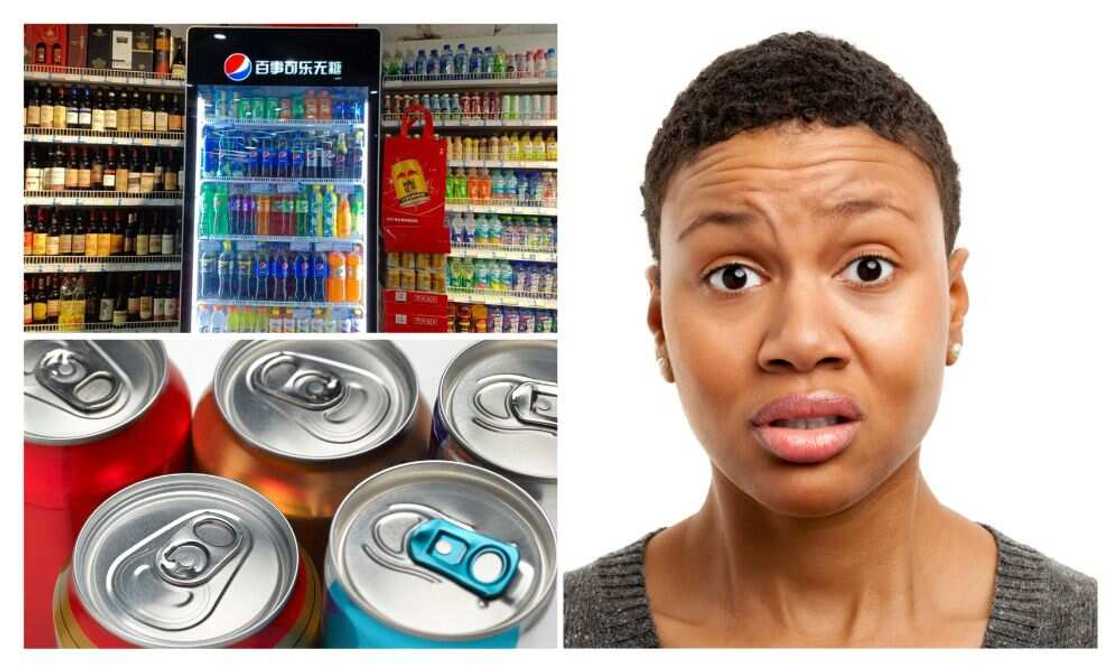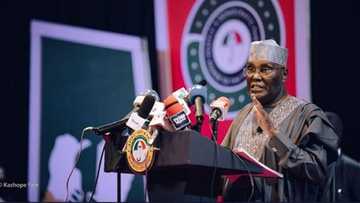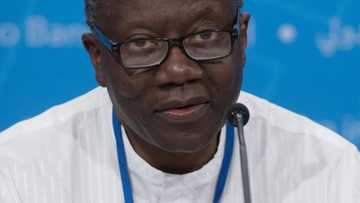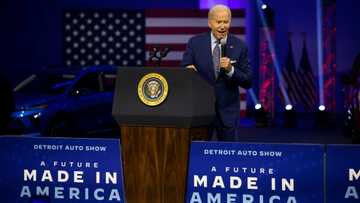Soft Drink Manufacturers Cry Out Over Unbearable N300 Billion Tax, May Increase Prices
- Manufacturers of soft drinks in Nigeria have said they may run out of business over the N10 per litre tax imposed on them
- According to the manufacturers, they have paid over N300 billion in tax since early this year
- They asked the national assembly to save the industry from collapse and loss of jobs
PAY ATTENTION: Сheck out news that is picked exactly for YOU ➡️ find the “Recommended for you” block on the home page and enjoy!
Prominent soft drink makers have asked the national assembly to shield their businesses from imminent collapse over the N10/litre excise duty tax levied on the industry.
The manufacturers said this in Abuja with the national assembly leadership.

Source: Getty Images
Industry players mull price increase
The Nigerian government introduced an excise duty of N10 per litre on all non-alcoholic, carbonated and sweetened beverages.
PAY ATTENTION: Join Legit.ng Telegram channel! Never miss important updates!

Read also
2023 presidential debate: Atiku reveals crucial plan for Nigerians, ASUU as he promises to fix health sector
The tax was part of the 2022 Finance Act signed into law by President Muhammadu Buhari on December 31, 2021.
According to a report, the industry players in the soft drink sub-sector of the Manufacturers Association of Nigeria (MAN) kicked against the tax.
Segun Apata, Chairman of the Nigerian Bottling Company Limited, told the national assembly that the tax burden could lead to the sector's collapse.
Apata said:
"We have come to you that the sector is about to collapse. We don't want to go into the public to announce this is happening to us without placing it before you as leaders of this country," Apata said.
"The finance act imposes an excise tax on all non-alcoholic beverages. In our sector, the taxes we pay — company tax, VAT, education tax — are over N300 billion."
Senate reacts
The Senate President, Ahmed Lawan, said the national assembly would continue to shield businesses in the country and address the N10 per litre excise duty on carbonated drinks.
Lawan said:
"I have listened to your submissions. I assure you that in everything that we do as a government an administration, we do so to promote, support, protect and foster businesses in our country.
"You are the owners of the businesses. You invested in the soft drink industry in Nigeria.
"But Nigerians are the beneficiaries because, in addition to drinking the soft drink, our citizens also get jobs, and for those reasons, it is always at the forefront of our considerations and focuses that we must enhance the business environment in Nigeria and create ease of doing business in Nigeria.
Lawan said the country could not afford to lose businesses to its competitors because it has a competitive environment.
Stating that NBC has been in Nigeria for the past 70 years, Lawan said it had provided companies like NBC the opportunity to flourish and have a symbiotic relationship with the country.
He said:
"While you are making profits from your business, we are also getting jobs and other benefits. I want to assure you that when the Finance Act 2022 was passed into law, we did so unconsciously, trying to address the issues, not trying to overburden your businesses."
Top officials of Seven-Up Bottling Company and Rite Foods, among others, were in attendance.
Sugar tax, inflation force soft drink manufacturers to raise prices
Legit.ng reported that three months after implementing the federal government’s N10 per litre excise duty on all non-alcoholic, carbonated and sweetened beverages, soft drink manufacturers have devised coping mechanisms, including an increase in prices.
According to reports, despite initial opposition against the policy in the 2021 Finance Act, the concerned manufacturers have placed the additional cost on consumers by increasing the prices of their products and have begun remittances to the federal government.
The policy started on June 1, 2022.
Source: Legit.ng



